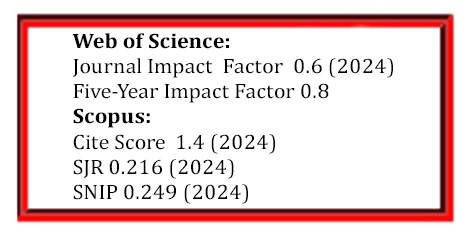Experimental and Numerical Investigation on the Behavior and Strengthening of Fire-Damaged Reinforced Concrete Walls Using Self-Compacting Concrete Jacketing
DOI:
https://doi.org/10.5755/j02.ms.41042Keywords:
RC walls, concrete jacketing, self-compacting concrete, compressive strength, load-bearing capacityAbstract
Fire exposure significantly compromises the load-bearing capacity of reinforced concrete (RC) structures, highlighting the critical need for effective post-fire rehabilitation strategies. There remains limited knowledge of the post-fire rehabilitation of RC walls using self-compacting concrete (SCC) jacketing to overcome the issue of enlarged sections and concreting. This study integrates experimental testing and numerical modeling to assess the effectiveness of SCC jacketing for fire-damaged walls and develop practical strengthening solutions. The objective of the first section was to determine experimentally the residual compressive strength of the normal strength concrete (NSC) exposed to temperatures ranging from 200 °C to 800 °C. The results obtained were then subjected to numerical analysis to evaluate the residual load-bearing capacity of the damaged walls. In the second phase, the restored load-bearing capacity was assessed using key parameters, including wall dimensions, NSC residual strength, SCC compressive strengths of 41, 51, and 58 MPa, and jacket layer thickness. The results indicate that fire intensity effects on the load-bearing capacity and stiffness of RC walls at temperatures up to 400 °C. Additionally, they demonstrate that the SCC jacketing repair method significantly enhances structural performance, with a restoration rate ranging from 71.62 % to 180.32 % of the initial wall capacity. For temperatures exceeding 800°C, it becomes more practical to use significantly greater thicknesses and higher-strength concrete. This study provides valuable insights for proposing practical and effective post-fire strengthening methods.
Downloads
Published
Issue
Section
License
The copyrights for articles in this journal are retained by the author(s), with first publication rights granted to the journal. By virtue of their appearance in this open-access journal, articles are free to use with proper attribution in educational and other non-commercial settings.



